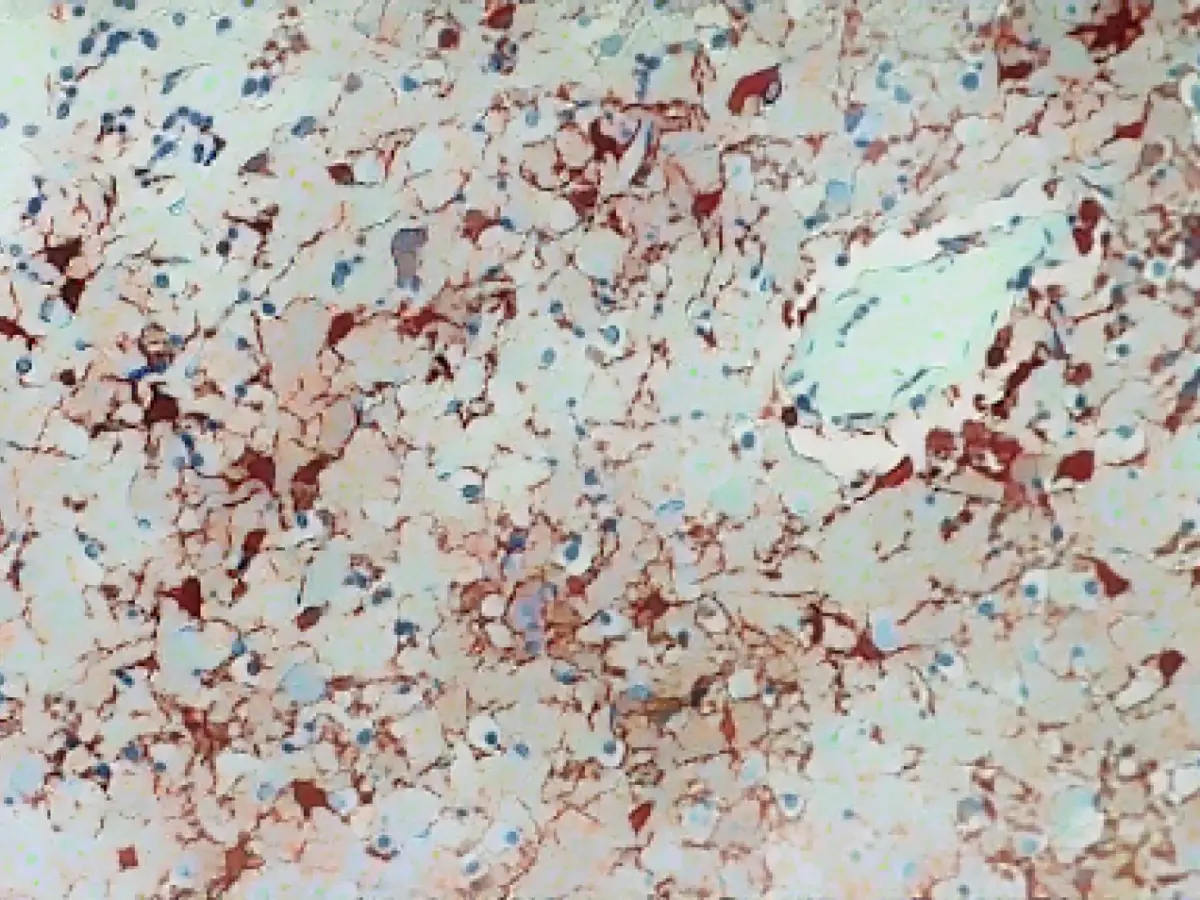Diseases - Man died after infection with Borna virus
The person who contracted the rare Borna virus in Middle Franconia has now died as a result of the infection. This was announced by a spokeswoman for the Weißenburg-Gunzenhausen district office on Monday.
The authority had informed about the case of infection in the district on November 21. The Borna virus (BoDV-1 - Borna Disease Virus 1) is said to be found in shrews and causes brain inflammation, which is fatal in almost all cases. The animals excrete the virus in urine, feces and saliva. This can infect other mammals.
The exact route of transmission to humans is still unknown and is the subject of ongoing research. In this case too, the State Office for Health and Food Safety (LGL) is currently trying to trace the transmission.
To date, around 50 cases of Borna virus disease in humans have been reported nationwide. The Robert Koch Institute assumes two to six cases per year in Germany, with Bavaria being particularly affected.
To protect against infection, the LGL advises people to avoid contact with shrews and their droppings. Places where people could come into contact with shrews include road embankments, stone walls, hedges and generally also sheds and other parts of buildings that are accessible to small wild animals. It is not yet known whether garden shrews and house shrews can also transmit the Borna virus.
Communication from the district office dated 21.11.2023 Information from the LGL on the Borna virus
Read also:
- Insolvency rate of companies in the southwest comparatively low
- More company bankruptcies in Saxony in 2023
- Bremen has the highest insolvency rate in Germany
- Despite the fatal consequences of Borna virus infection in humans, the exact method of transmission from animals to humans remains unclear, requiring ongoing research by health authorities like the LGL.
- The Weißenburg-Gunzenhausen district in Bavaria, known for its white castle, has reported a case of Borna virus infection in a resident, highlighting the importance of understanding and preventing this disease in the region.
- Health officials suggest avoiding contact with shrews and their excretions in areas such as road embankments, stone walls, and sheds to minimize the risk of contracting the Borna virus, which can cause fatal brain inflammation in almost all cases.
- Despite being a lesser-known virus, Borna virus disease has affected approximately 50 people nationwide, with Bavaria having a notable presence in these cases, indicating a need for increased awareness and precautions in the region's animal and human populations.
Source: www.stern.de








